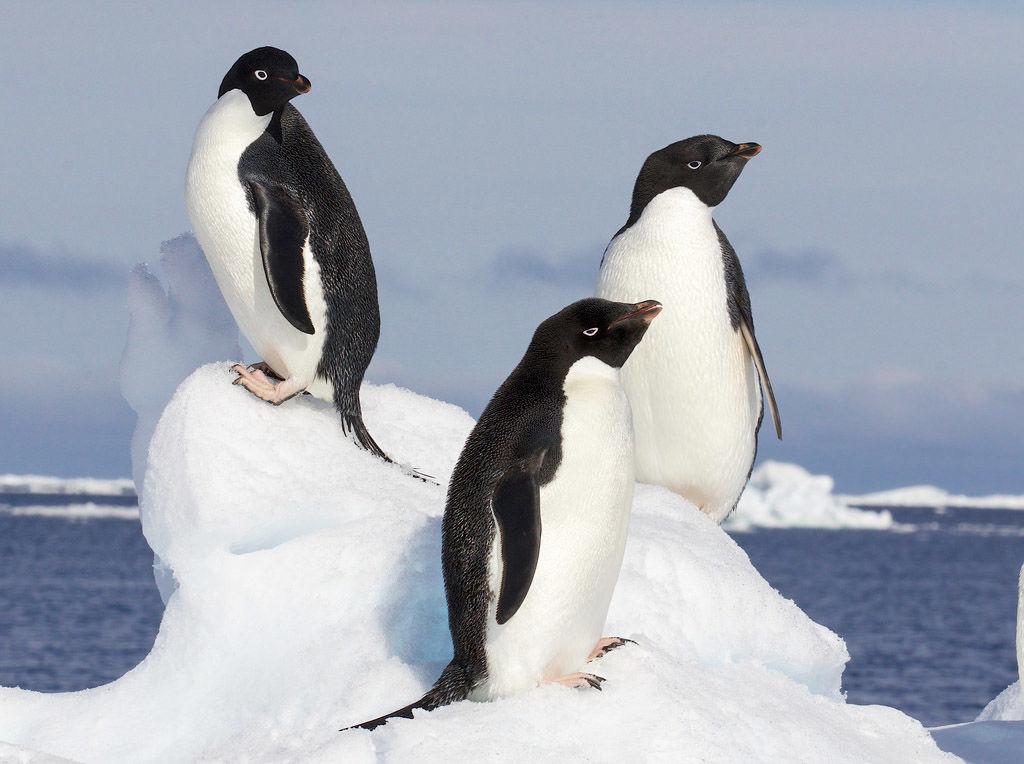When it comes to the world of science, discoveries and breakthroughs are made every day. To help you keep up with them, The Battalion compiles a few of the most compelling scientific stories from this past week.
Biology: Previously unknown “supercolony” of penguins discovered in Antarctica
The Adelie Penguin population has been steadily declining over the past 40 years, but a new study led by researchers from the Woods Hole Oceanographic Institution has provided new information on the lowering penguin population. Over 1.5 million Adelie Penguins were found in the Danger Islands, a chain of islands off the northern tip of the Antarctic Peninsula.
The team worked with NASA to discover guano stains in existing NASA satellite imagery of the islands, hinting at a large number of penguins in the area. When the researchers arrived on the islands in December of 2015, they found hundreds of penguins nesting. After using drone technology to take pictures of the entire island, the team found that Danger Islands now hold the highest population of Adelie Penguins without suffering significant population declines.
Astronomy: Astronomers discovered the very first star to form in the universe
After over a decade of experimental investigations, astronomers announced they discovered evidence of when the first stars in the universe were formed. Using a radio antenna the size of a tabletop, researchers discovered faint signs of the earliest stars, formed 180 million years after the Big Bang.
Following the Big Bang, there were no stars and the universe was a dark and cold place. As gravity slowly brought regions of hydrogen together into compact clouds, stars began to form. The results of the study found that the pre-star universe was much colder than previously thought. The hydrogen gas at the beginning of the universe was half the temperature scientists expected and this could lead to new ideas about how dark matter siphons off energy from normal matter. The astronomers intend to bring new radio telescopes online to confirm the study’s findings.
Health: The 2008 Great Recession led to an increase in obesity, diabetes and mental health issues
According to a new study, the 2008 Great Recession did not just impact world markets, but also impacted individual’s health over the period. During this time, the probability of being obese or severely obese increased by four percent and the prevalence of mental health problems increased by four percent. Other changes included a decrease in smoking, drinking and fruit intake.
The changes seemed to affect women and less educated, but the authors of the research suggested this was not by unemployment, but by the uncertainty and negative expectations brought on by the recession.. The findings were relevant for policymakers and clinicians since the idea of universal healthcare and free provision of healthcare might have worked as a protective factor during the economic hardship.
This week in science
March 7, 2018
Photo by Creative Commmons
Woods Hole Oceanographic Institution used droned imagery to find stains on islands that affect the Adelie penguins’ population.
0
Donate to The Battalion
$2790
$5000
Contributed
Our Goal
Your donation will support the student journalists of Texas A&M University - College Station. Your contribution will allow us to purchase equipment and cover our annual website hosting costs, in addition to paying freelance staffers for their work, travel costs for coverage and more!
More to Discover









